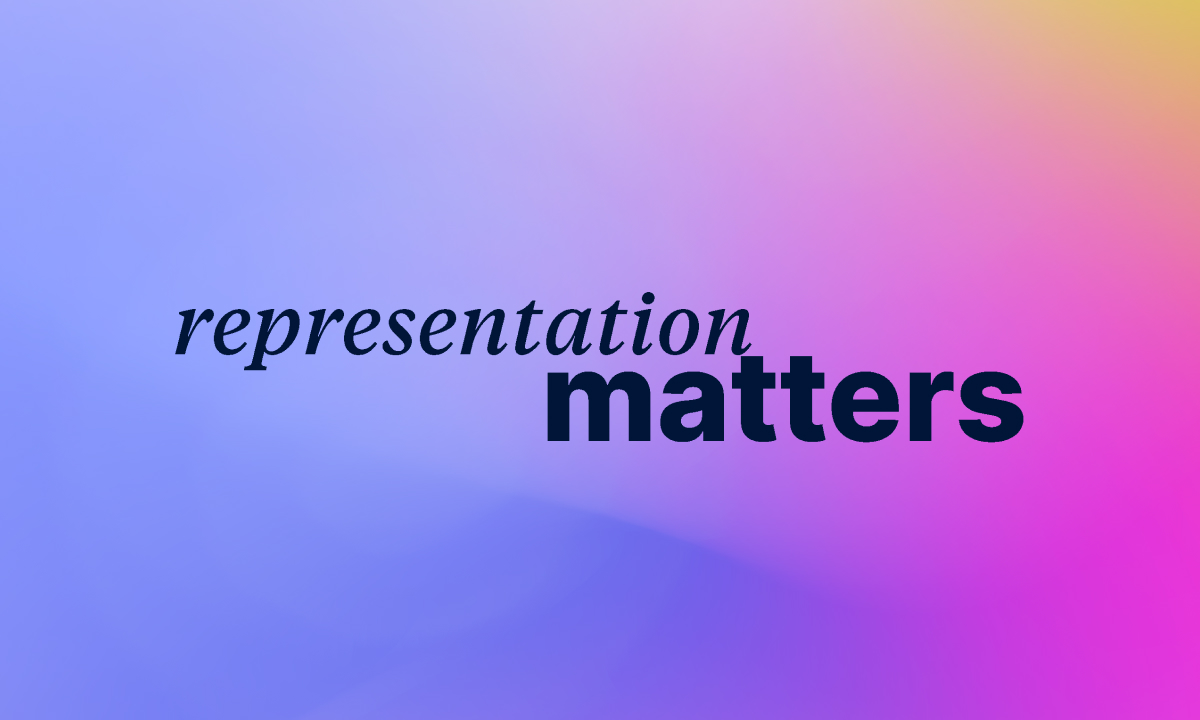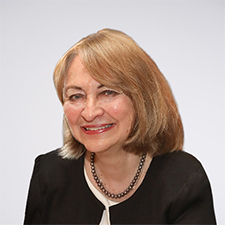Canada is a global leader in the drive to ensure women have the legal rights to participate in the economy on an equal footing with men, according to the World Bank’s Women, Business and the Law 2024 report.
Yet parity in the political arena remains elusive because of the “old boys’ networks” that hold sway in Ottawa, says Donna Dasko, a former activist and public policy researcher who was appointed to the Canadian Senate by Prime Minister Justin Trudeau in 2018.
Women hold only 30% of the seats in the elected House of Commons, but Dasko hopes to bring change through transparency. She is sponsoring a bill that would require the government to publish the gender breakdown of Parliament and political parties to disclose any policies they have to promote diversity. “Our voices should be represented in our parliaments in proportion to our population,” she explains.
We recently interviewed her for a report by the Oliver Wyman Forum, Women Political Leaders (WPL), and the World Bank’s Women, Business and the Law on the positive impact of having more women in political offices.
You recently helped enact a childcare policy and are working now on a bill on gender diversity in Parliament. Why are these policies so important to you?
Childcare is really important for allowing women to fully participate in the workforce, because we know that childcare falls on women’s shoulders more than it does on men’s. Two previous governments brought forward legislation on national childcare — in 1988 and 2005 — but failed to get it enacted. We finally passed a national childcare policy during COVID, and I’m convinced it was because we have our first female finance minister, Chrystia Freeland. It shows very clearly that when you have women in these positions, you can get legislation passed that is really helpful for women.
What are the prospects for gender parity in Parliament?
I have spent many years as an activist, and in 2001 cofounded an organization, Equal Voice, that works to get more women elected. It’s kind of ironic that today I sit in a Senate that is gender equal because the prime minister, Justin Trudeau, felt that was important, so he appointed a fair number of women. But there are only 30% women in the House of Commons, our elected chamber. That makes Canada 66th in the world, and I find that shameful.
You were a pollster before entering politics and you say public opinion on gender issues has changed significantly, among both men and women, yet political representation lags. Why is that?
The problem is not attitudinal, it is institutional. Like the United States and Britain, we have an electoral system that is first past the post. Candidates fight each other at the constituency level, and women often lose out. Men seem to be able to raise more money than women and to be better connected to the old boys’ networks. If we had proportional representation and a list system, there would be pressure on the political parties to put. women on their candidate lists.
Your bill eschews quotas for Parliament and focuses instead on transparency. Can you explain your thinking?
It’s not a radical bill. I feel my chances of success are better if I approach this in a more incremental way. The political parties don’t really have an appetite to change their practices. They certainly don’t want any legislation.
The first part of the bill would require our chief electoral officer to collect and publish data on the diversity of candidates within 90 days of an election, including gender and other background measures. The second thing it would do is require political parties to inform Canadians whether they have any policies in place to promote diversity, and to say what those policies and programs are. In Canada, we require corporations to provide information to the public on how they are promoting diversity in their senior management and on their boards. If we’re telling corporations to do this, surely we can tell political parties to do this, too.
There will be a federal election in Canada a year from October. That is not a very long runway so I’m working very hard to get this through.
You say that other issues, like gun control and coercive control in domestic relationships, would benefit from having more women in Parliament. Is there an overarching argument that ties these together?
Women strongly support these kinds of initiatives. Our voices should be represented in our parliaments in proportion to our population. It’s actually a principle of democracy, and democracy is in trouble in the world. This is one of the ways to strengthen it. And when we have more women in Parliament, we will have policies and programs that are better for women. It’s as simple as that.
Donna Dasko worked as a pollster and a senior executive at a public opinion research firm before being appointed to the Canadian Senate by Prime Minister Justin Trudeau in 2018. She is also a long-time advocate of greater female participation in politics who cofounded and served as national chair of Equal Voice, a nonpartisan organization that seeks to get more women elected in Canada.


